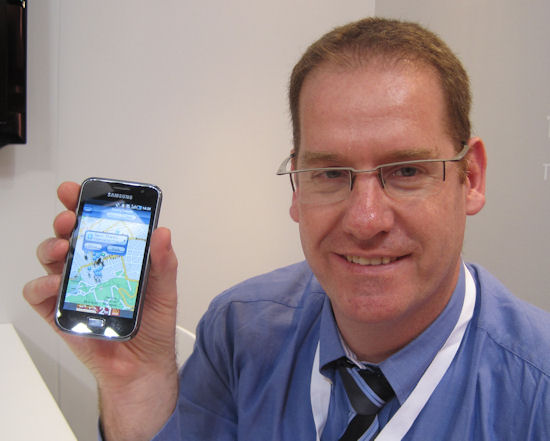Take the power back
A very common recurring theme in the mobile world is how operators can avoid becoming ‘dumb pipes'. In other words: how can they develop and maintain revenue streams other than just the provision of bandwidth, and thus avoid becoming commoditized spectators of the real commercial action.
That action primarily revolves around services, be they app stores, mobile commerce, advertising, or whatever. Those services are where the real growth and margin are, which is why there's such a frenzied land grab to be the platform through which they're acquired by end users.
Right now two dominate: Apple's iOS and Google's Android. Apple's model is to take a cut of everything that happens on iOS in return for allowing access to its massive install-base. Google's model is to give away Android and its mobile services for free, with the aim of generating as much traffic as possible to sell ads against.
As is comprehensively documented and discussed, Apple exercises absolute control over its mobile platform and doesn't let partners customise it in any way. But Android is open source and available to any handset-maker and operator.
Prior to talking to location based services giant Telmap at this year's MWC, we had assumed that, despite it being open source, a precondition of using Android was that you also installed basic Google products such as Gmail and Google Maps, but it turns out this isn't the case.
We spoke to Motti Kushnir (pictured), CMO of Telmap, and he revealed that operators are at liberty to preinstall their own software and services in preference to Google ones on Android handsets if they feel like it. It's not a coincidence, of course, that Telmap is the leading provider of white-label mapping solutions and associated location-based services (LBS), but the point Kushnir was making is that this is an area where operators can reclaim some of the mobile Internet action.
Apple aside, the mobile device market is dominated by Android right now, and it's generally agreed that LBS has limitless commercial. Aside from turn-by-turn directions there's local commerce, mobile gaming, local marketing, etc. A great way for operators to get some of that action, said Kushnir, is to strip away Google Maps from the Android phones they buy and replace it with their own solution, based on Telmap's white-label products.
Examples of the kinds of location based added value Telmap is involved in is branded information, such as from the Michelin Guide or Lonely Planet, and the integration of social elements from the likes of Foursquare, Facebook and Twitter. It operates a simple billing system via the operator account and manages the revenue share between services providers and the operator. In short, Telmap is positioning itself as a one-stop LBS shop for operators.















